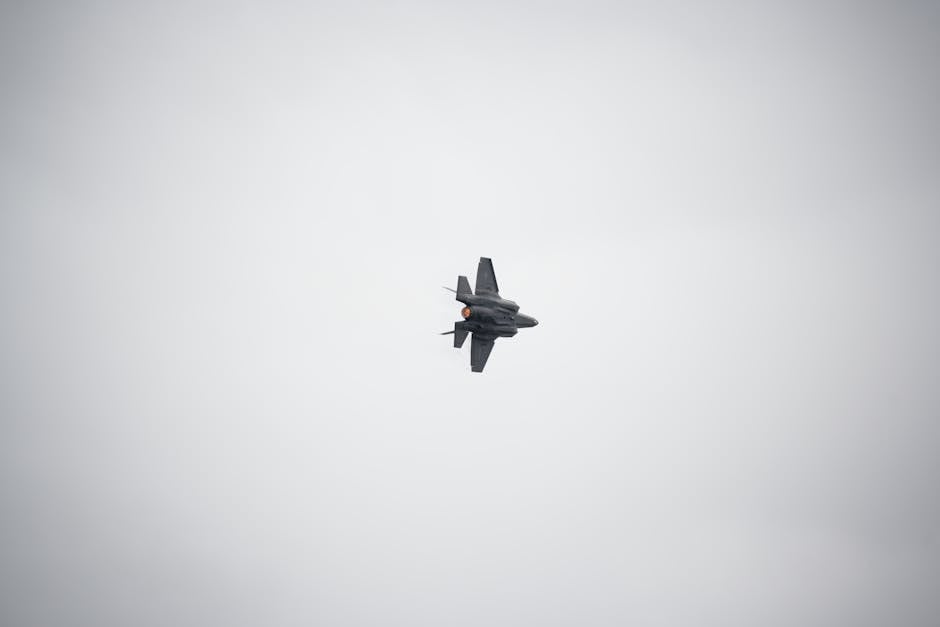Background and Context
The United States recently conducted a military strike in the Caribbean, resulting in the deaths of 11 people aboard a boat allegedly carrying drugs from Venezuela. The strike, which was carried out by U.S. forces, has heightened tensions between the U.S. and Venezuela, with the Venezuelan government vowing to increase its efforts to combat drug trafficking.
Details of the Military Strike
The U.S. military action targeted a boat in international waters in the Caribbean, which U.S. officials claimed was carrying drugs and was operated by members of the Tren de Aragua gang, a Latin American drug cartel. The strike, which was described as a successful operation, resulted in the deaths of all 11 people on board.
The U.S. government has stated that the military buildup in the Caribbean is aimed at stopping cartels from smuggling drugs into the United States. The Pentagon took military action against what it claimed was a cartel target for the first time on Tuesday, killing 11 people in a boat it said had departed from Venezuela and was carrying drugs to the United States.
Venezuelan Response and Increased Military Deployment
In response to the U.S. military strike and increasing tensions, Venezuelan Defense Minister Vladimir Padrino announced that President Nicolas Maduro has ordered the deployment of additional troops to coastal states in an effort to crack down on drug trafficking. The Venezuelan military will increase its troop deployment from around 10,000 to 25,000 in the states of Zulia, Falcon, Nueva Esparta, Sucre, and Delta Amacuro.
The area constitutes a known drug trafficking route, and the Venezuelan government has stated that it will not allow external forces to dictate its actions. Padrino emphasized that Venezuela will take responsibility for its own security and will not rely on external assistance.
U.S. Military Buildup and Statements
The U.S. military buildup in the Caribbean includes the deployment of stealth fighter jets to Puerto Rico. The U.S. government has stated that its actions are aimed at disrupting the operations of drug cartels, but Venezuelan officials have denied allegations of involvement in drug trafficking.
U.S. President Donald Trump has stated that the U.S. is not seeking regime change in Venezuela, but rather aims to combat drug cartels. However, the Venezuelan government has expressed concerns about the U.S. military presence in the region and has accused the U.S. of seeking to destabilize the country.
Implications and Next Steps
The U.S. military strike and Venezuela's response have heightened tensions in the region. The situation remains complex, with multiple factors at play, including the ongoing conflict between the U.S. and Venezuela, the presence of drug cartels, and the struggle for power and resources in the region.
The international community is closely watching developments in the region, and there are concerns about the potential for further escalation. The situation in Venezuela and the Caribbean remains fluid, and it is unclear how events will unfold in the coming days and weeks.
Conclusion
The U.S. military strike in the Caribbean and Venezuela's response have significant implications for the region. The situation is complex, with multiple factors at play, and it is essential to understand the context and details of the events unfolding.
The U.S. and Venezuela have a long and complex history, and the current tensions are a reflection of deeper issues. The international community will be closely watching developments in the region, and it is essential to remain informed about the situation.
